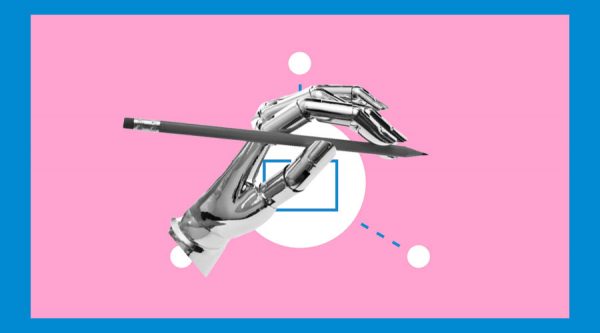The Covid-19 pandemic’s start exposed the healthcare system’s shortcomings and highlighted the need for automation to boost process effectiveness and hasten decision-making.
Among the important technology developments that have benefited the healthcare industry are machine learning, deep learning, and artificial intelligence. It was always believed that gathering and analyzing health data required a lot of time and was prone to mistakes; however, the advent of these technologies has made it simpler to do so while still delivering reliable results. Also, by automating administrative chores like insurance pre-authorization and record keeping, both of which required significant effort, the integration of AI into the healthcare ecosystem has reduced the strain of healthcare workers.
Moreover, early disease identification made feasible by machine learning has allowed patients to focus quick treatment and cure, leading to a decrease in hospital readmissions. Also, the development of AI-enabled chatbots has completely changed how medical operations are performed, enabling professional patient interaction and increasing supply-and-demand and healthcare jobs. According to McKinsey, 70% of decisions are influenced by a customer’s view of how they are being handled. Many startups are now placing a high premium on developing smart customer service strategies that leverage AI-powered tools like chatbots, voice search, and virtual assistants.
Though first perceived as a threat to human positions, the rapid development of innovation and its integration into the medical care system has actually created space for endless vacant opportunities. Although repetitive jobs are undoubtedly being automated by technology, this does not mean that human intervention is no longer necessary. One needs a thorough understanding of technology and its use to supervise machine operations. To be a significant addition to healthcare institutions, one must, in turn, update their skills and stay current with cutting-edge technologies. Upskilling is therefore more crucial than ever because it not only provides you with a comprehensive awareness of modern technologies but also completely prepares you to use them.
Healthcare with AI, machine learning, and deep learning The integration of AI, machine learning, and deep learning into the ecosystem of healthcare have resulted in a wide range of benefits, including cost reductions and enhanced healthcare delivery. Prior to the development of artificial intelligence, identifying the fundamental patient consideration areas was thought to be a laborious task. Now, however, selecting those areas and recognizing the best course of therapy are straightforward tasks. Wearable technologies now include artificial intelligence in an effort to better serve patients by giving them access to health information and warnings about potential problems and risks. According to International Data Corporation, the wearables industry in India is predicted to grow by 144.3% YoY in 2020. (IDC). These numbers provide some insight into the driving forces behind the rise of various entrepreneurs in the wearable technology sector. Furthermore, as time goes on, our reliance on data will grow, driving up the demand for wireless gadgets.
However, there are instances where people do not catch a health issue in time. Yet the growth of machine learning has made it possible for quick disease identification, enabling even quicker treatment. Large volumes of data collection and diagnosis have also been made simpler by it. Deep learning, on the other hand, is shown its value for pattern identification. It makes automated insights available to healthcare providers that can be utilized to change patient treatments through the use of algorithms and data. For instance, IBM created Watson in order to use data-driven insights to solve important concerns in patient care and offer treatment choices.









